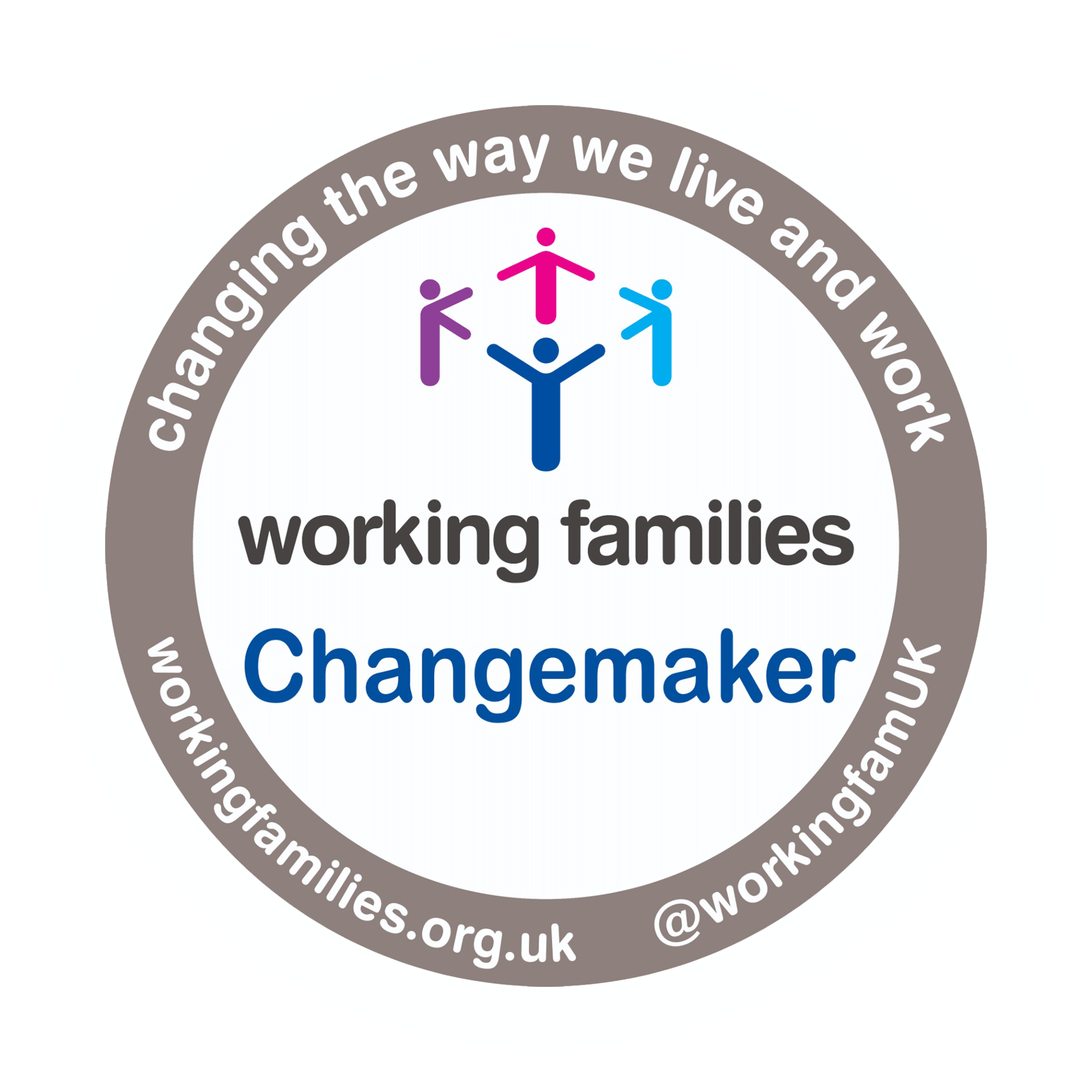Is hybrid working good for business?
Two years ago, if a stranger had predicted that, in 12 months, all your employees would be working remotely, and that you’d now be considering a hybrid working approach, you would have probably thought they were mad.
Well, jump forward 18 months and here we are. As we look to fully re-open offices, many businesses are taking the return to the office very seriously, whilst also weighing up the benefits of homeworking versus working in the office.
When we first went into full lockdown, some UK employees declared they were never going to return to the office. However, a year later we’re in the swing of working remotely and approaches have changed somewhat.
According to Boston Consulting Group (BCG), of those employees who’ve been fully remote, 67% would like to adopt a hybrid working approach once normal service resumes.
How hybrid working helps your business
There are many benefits to hybrid working. Not only does it enable you to reduce overheads and office space/leasing costs, but it can also improve productivity. In an unpredictable economy, this could bring significant benefits to your business.
The BCG study also found that employees felt more productive working remotely when focusing on planning, reports, admin and when meeting deadlines. Whereas they felt the office is a more productive space for knowledge share, client meetings and working with colleagues.
As a result, many organisations are looking to transform their office space into a hub more than a workspace, a place where teams can meet, share ideas or collaborate.
Hybrid working means that the office is no longer a place where people sit at their desks 9am–5pm, Mon- Fri, instead it is a place or hub where employees can brainstorm and innovate. This is what leading office design specialists, Chadwick International, refers to as the Hub Principle
Not only is hybrid working beneficial to employees, it also gives your organisation a competitive advantage when recruiting. Prior to the pandemic, a staggering 81% of UK employees felt that a job offering flexible working was more attractive to them. Now, with the market in a state of flux with more jobs than candidates, offering hybrid working will set you apart.
What to consider when adopting a hybrid working approach
Like anything in life and business, seamless doesn’t happen overnight. When rolling-out hybrid working across your organisation, there are various elements that need to be considered. Including:
- Be clear and agree hybrid working approaches. What are you offering?
- A mixture of office and remote on set days
- A mixture of office and remote – personal choice
- Part-time remote
- Fully remote
- Make sure your tech is aligned and easily accessed both within the office and remotely
- Ensure policies are up to date and reflect the hybrid working approach
- Keep communication channels open and regularly gather feedback and gauge sentiment from employees
Flexible working vs hybrid working
There is a common misconception that hybrid working replaces flexible working, but this isn’t the case. Hybrid is another way of working flexibly it is another work style to add to the mix.
A hybrid approach spans across five days and is another way of working full time, whereas other ways of working flexibly can be across a set number of days or hours and not necessarily a full-time role or arrangement. For example, job sharing or working part-time.

The benefits of hybrid working
It’s clear this way of working is here to stay. A majority of the large, global corporations, including Deloitte and Google are moving to a permanent hybrid working approach. Why? Because it brings numerous benefits to not just your employees, but also your business:
- Improves employee motivation and wellbeing
- Gives your business a competitive edge when recruiting
- Widens candidate reach – less dependent on location
- Reduces overheads
- Streamline office space to a hub-based space
- Reduce operational costs
As an SME, we appreciate managing cost is always front of mind and permanently on the business agenda, so a hybrid working approach can help put you in more control of your finances.
The need for a permanent office with the correct number of desks for employees is less pressing than it was. Instead, you can think more creatively and cost-effectively.
Ask yourself. With hybrid working in place, do you need a permanent office space? Would a co-working space be a better solution or downsizing to a smaller space and offer hot design instead?
Is hybrid working good for business? In a word, yes. It can bring numerous benefits to your organisation, not to mention widen the talent pool of available candidates.
If you’re moving to a hybrid working approach and looking to hire or expand your workforce to reflect this change, why not get in touch and see how we can help your business.








